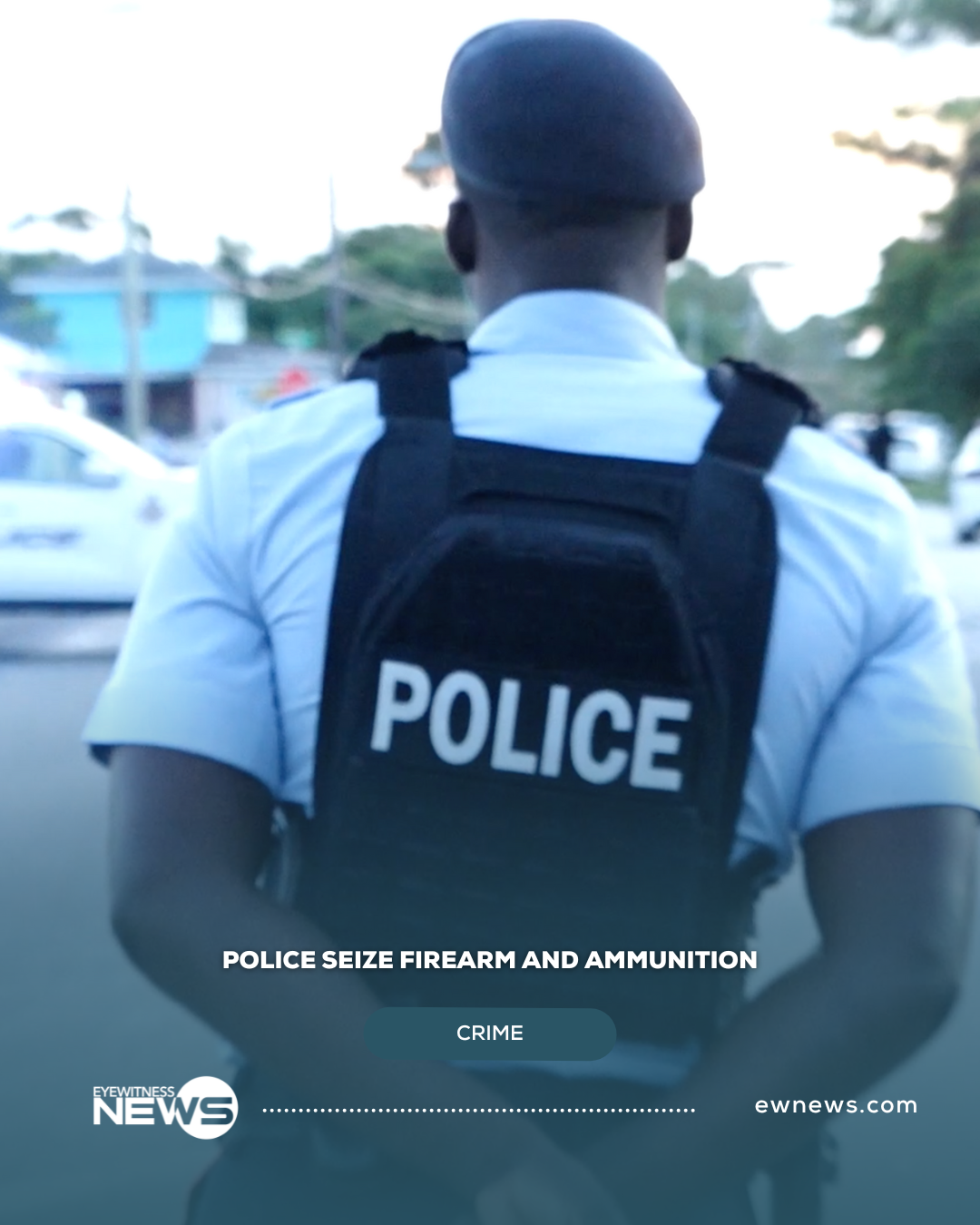NASSAU, BAHAMAS — Pan American Health Organization (PAHO) Director Dr Carissa F. Etienne yesterday urged countries to continue to take major control interventions as they move to restart their economies.
Etienne pointed specifically to the challenge of countries reopening for travel and implementing measures that have seen “limited impact”.
“Although the entire world is racing to develop new tools to prevent and cure COVID-19, a safe and effective vaccine that can be manufactured and delivered at scale is not around the corner,” Etienne said, during PAHO’s weekly press briefing.
“And yet, our region has started to resume near-normal social and public life at a time when COVID-19 still requires major control interventions.”
“The reasons for doing so are understandable – children need to learn, families need money to eat and live, and global commerce cannot be restricted forever.
“But we must be clear that opening up too early gives this virus more room to spread and puts our populations at greater risk.”
She noted this does not mean countries should reverse course on their measures – given pressing social and economic realities facing them.
“It does mean, however, that we must approach daily life in a new way that reduces risk and places health at the very center of every decision that we make and policy that we implement,” she continued.
“Whether it’s re-starting schools, re-opening public markets or resuming international travel, when and how we do it matters.”
TRAVEL AND RESTRICTIONS
The PAHO Director also pointed to challenges in the Caribbean where several countries that had virtually no cases, experienced spikes as tourism resumed.
“We are seeing many places within and outside of our region apply travel measures that have limited impact,” Ettiene said.
“I want to emphasize that relying on laboratory tests for travelers is expensive, it is hard to implement and it is of limited impact in controlling the international spread of the virus.
“We must ensure that individuals who are sick or suspect they’re sick with COVID – and their contacts – be quickly identified and isolated to minimize the chances of getting others infected, first and foremost, prior to departure, as well as after arrival.
“And all countries should collectively work to limit travel for those who have active symptoms or have been recently exposed.”
Over the past week, the Americas saw over half a million deaths, and nearly 15 million cases have been reported in the region.
Etienne said there has been an increased spike in cases throughout the Americas, with Caribbean countries like The Bahamas, Jamaica, and the Dominican Republic also seeing drastic spikes in cases in some areas.
Death rates are also climbing in some areas of Mexico with similar trends in areas of Ecuador, Costa Rica and Bolivia.
“This is a stark reminder that countless people in our region remain vulnerable to infection, especially large populations that have not yet been exposed,” she said.
She further urged leaders across the world facing pressure to resume social and public life, not to make decisions in a vacuum insisting that there’s no one-size-fits-all approach.
“Data about the virus’s spread and the state of health systems and services must guide each country’s plans to reopen, including the mix of preventive measures that should remain in place to keep people safe,” Etienne said.
She insisted that counties must ensure staff, tools, and resources are in place to contain the virus and must be prepared for testing, contact tracing, isolation and quarantine and have sufficient bed capacity for patients who develop severe symptoms.
“Make no mistake: Let’s not fool ourselves if our health systems are not prepared, it is not the time to re-open,” she added.
“Doing so would risk a handful of cases in one area becoming a full-blown outbreak.”


















